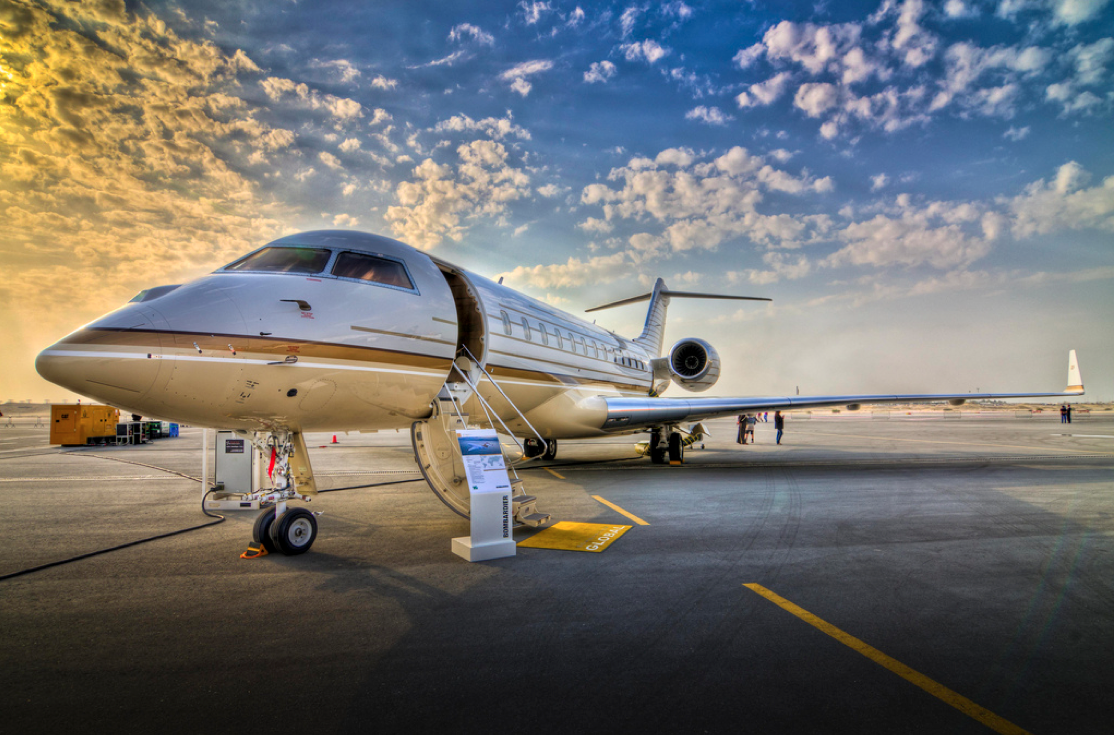
Private flight certainly has its costs—which inevitably increase with the price of fuel, but never before have the benefits of flying on a private plane been so drastic. Here are the top five reasons we hear from passengers now.
5. Private flight is private.
Unless you’re the mayor of Austin, the governor of Michigan or another public figure, private travel is protected from prying eyes. You don’t have other passengers eavesdropping on business or personal conversations. In fact, with many aircraft boasting club seating configurations, the duration of a private flight lends itself to deep conversations. With special permission, aircraft operators can even substitute a call sign for the registration number, making it difficult for competitors to track the movement of company executives.
4. Private flight saves time.
With no parking, baggage handling, checking in, security clearance, loading delays, jet bridge malfunctions or designated boarding order, private flight takeoff is a breeze. Pull your vehicle planeside and step on board while your luggage is loaded and car is parked in a secure area. You can arrive five minutes before takeoff—and even shift the timing to suit your schedule in most cases.
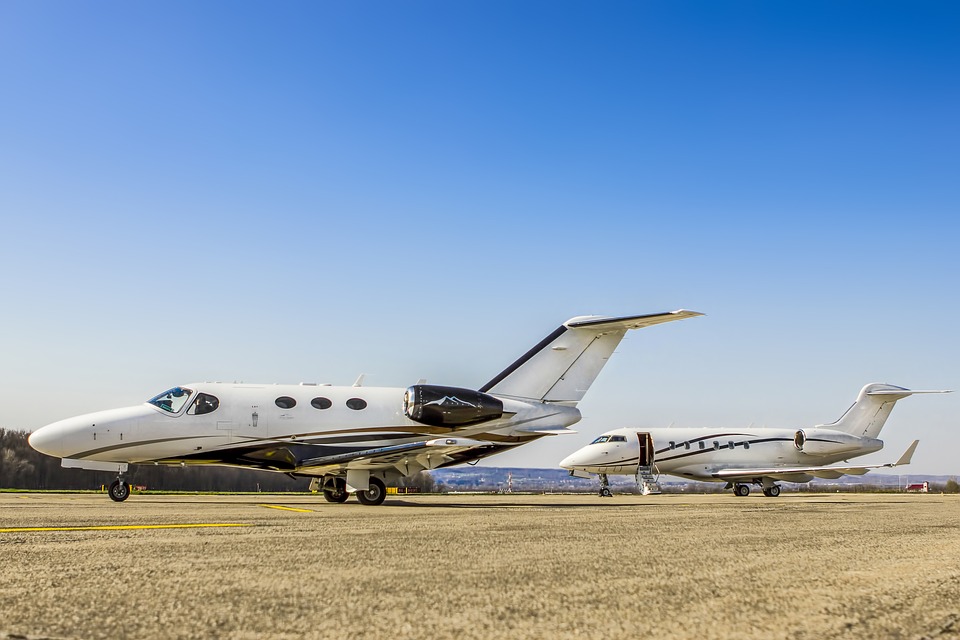
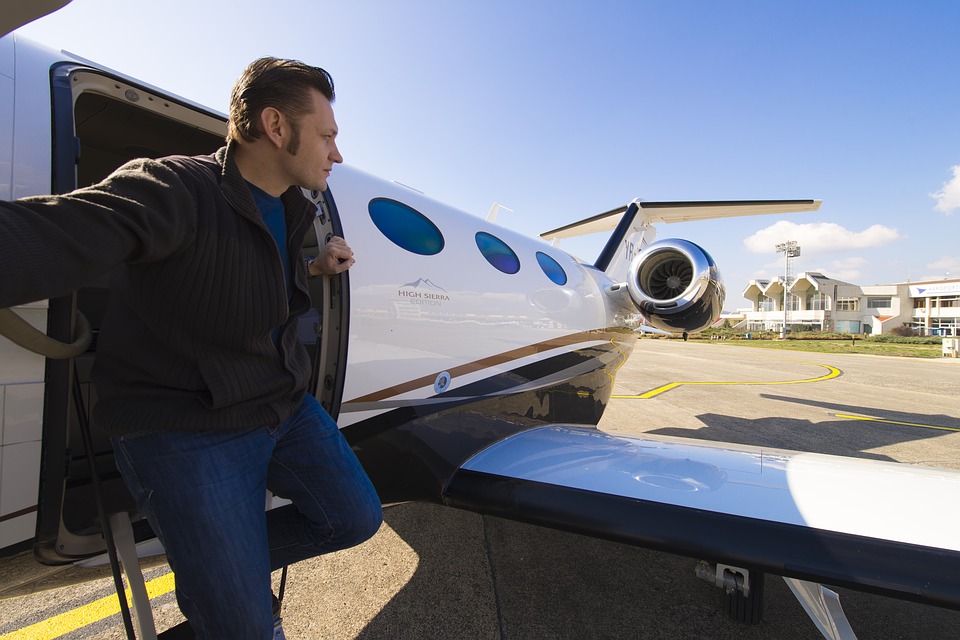
There’s no need to go in the night before or stay an extra day unless you want to. And, with more than 5000 municipal airports in the United States, you fly directly to an airport much closer to your final destination than what’s offered on commercial aviation.
Let’s face it, with schedules ramping back up, busy people are feeling the time-is-money crunch again, and private flight is the closest thing we have to a time machine.
3. Private flight limits the crazies.
Several airlines have extended suspension of alcoholic beverage service in hopes of curtailing assaults, both verbal and physical, on their flight attendants. Skyrocketing reports of unruly passengers have the FAA doling out fines and civil penalties in record numbers. Already anxious travelers, some airline passengers have become more short-tempered with the extension of mask mandates on aircraft and in airports through at least September 2021.
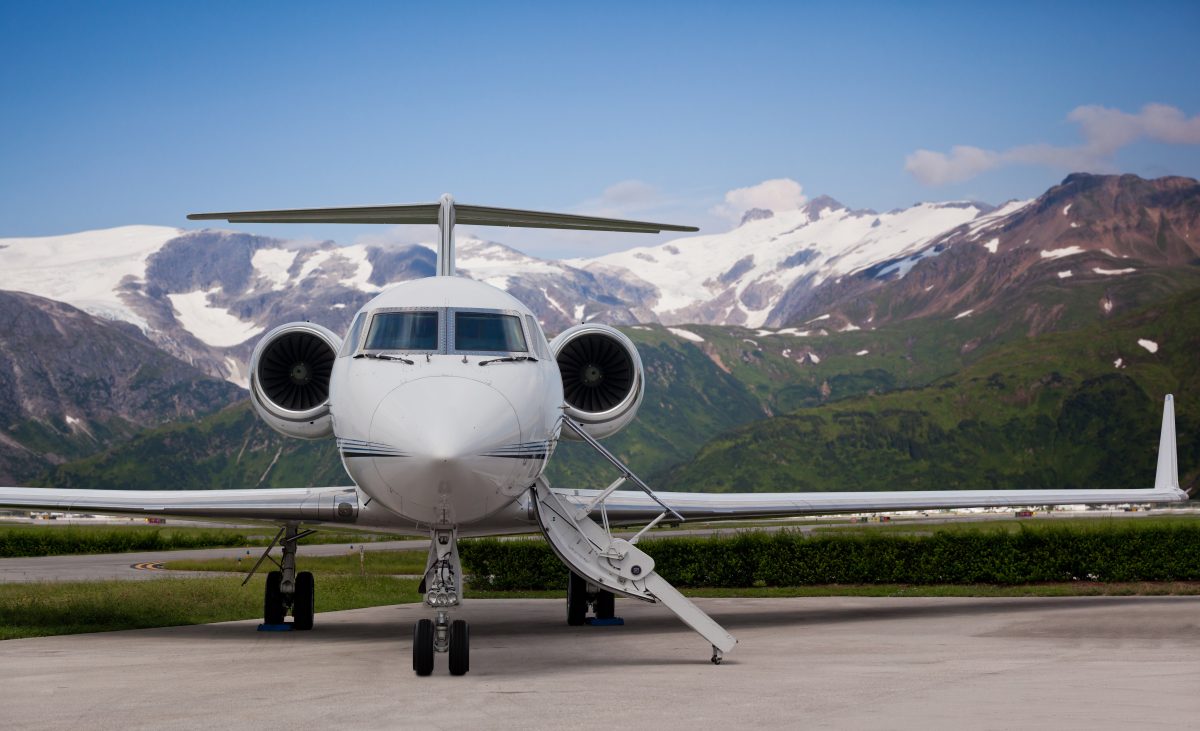
While I tend to find people less talkative while wearing masks, lack of open restaurants and other amenities in airports dampens the moods of both leisure and business travelers in most cities.
Having the ability to order catering, pour your own drinks and enjoy entertainment of your choosing on board a private flight can make all the difference in reducing travel anxiety—and if your crazy family member is the one driving you to drink in flight—well, that’s because you didn’t buy them a bus ticket and send them ahead!
2. Private flight has fewer restrictions.
Throughout the pandemic, we helped aircraft buyers accommodate elderly or immunocompromised family members with exposure to fewer people at the airport or on the aircraft itself. As governmental agencies around the world change requirements for public transit, more families are facing unprecedented health decisions concerning travel restrictions.
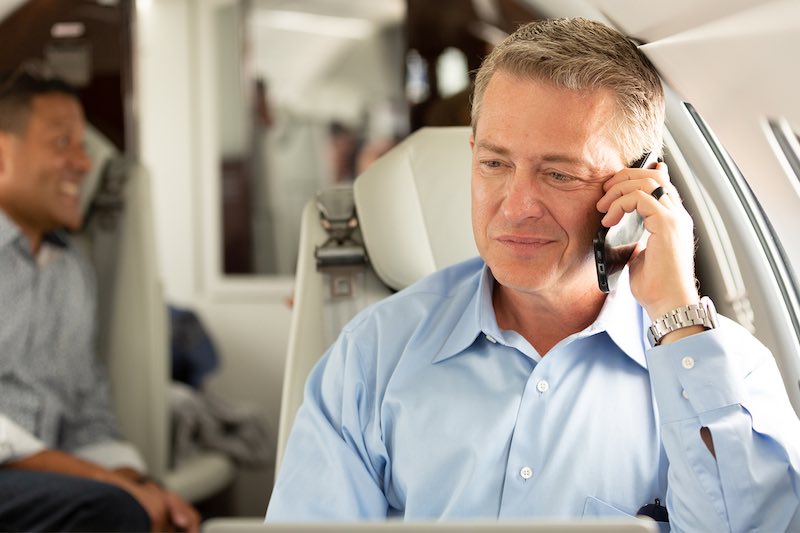
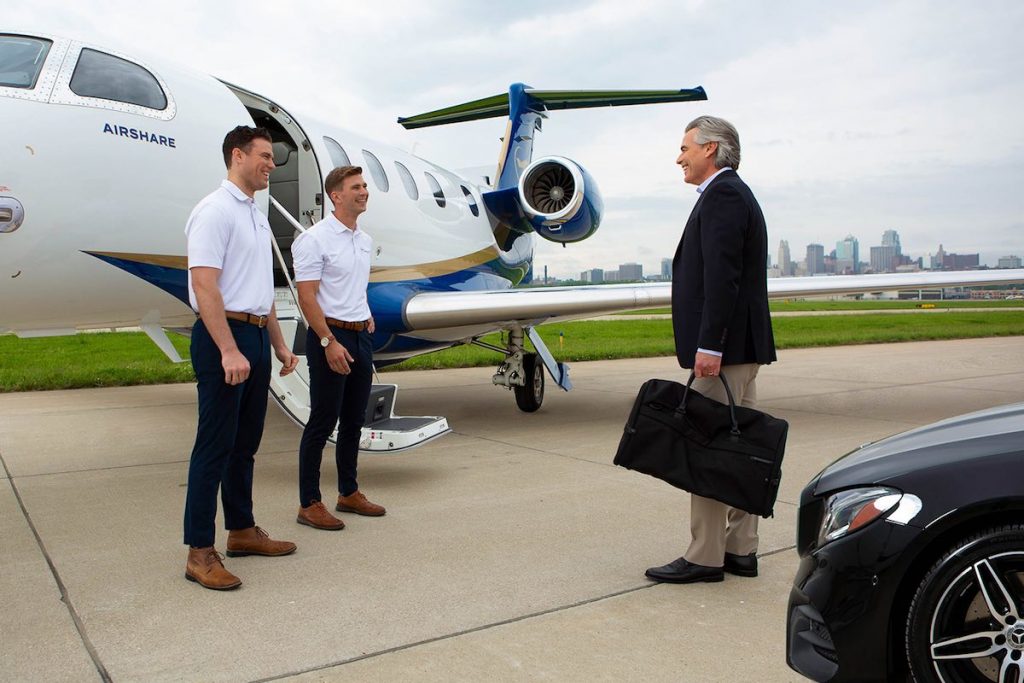
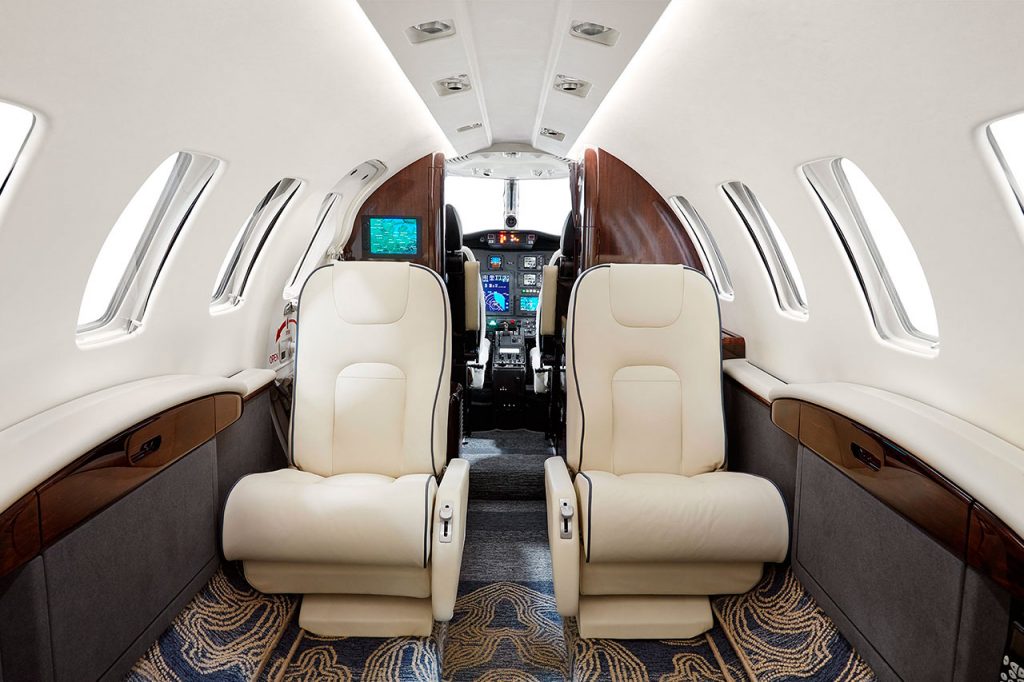
While regulators around the world determine the fate of those who may not be able to tolerate pharmaceutical interventions, private flight provides an alternative travel option that’s not as limiting. We’re seeing record numbers of new private aviation users experience this freedom for the first time.
1. Private flight comes with tax benefits.*
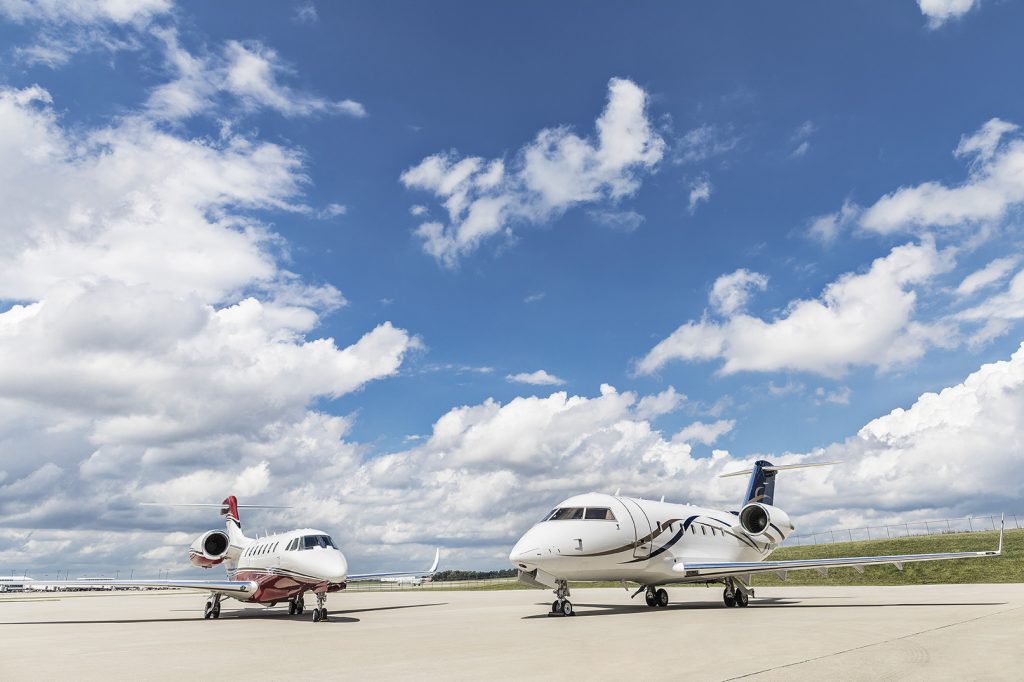
If you’re a US-based business user of private aviation, the tax bill passed in 2017 affords 100% bonus depreciation for new and used business equipment—including aircraft. The CARES Act, passed in 2020, reinstated entertainment as a business expense, in an effort to bolster the hospitality industry. Business entertainment use of aircraft can be considered in this classification.
With these benefits in mind, there are several options for flying privately.
Charter flights are a little like a limo service – well vetted operators, licensed specifically to transport passengers for a fee. There’s no long-term commitment, but there are also no availability guarantees. You can work directly with the operator or use a charter broker to shop around for the best options.
Membership options, like Wheels Up or a jet card come with a bigger commitment on both sides, and each company has different options to accommodate a wider variety of use cases.
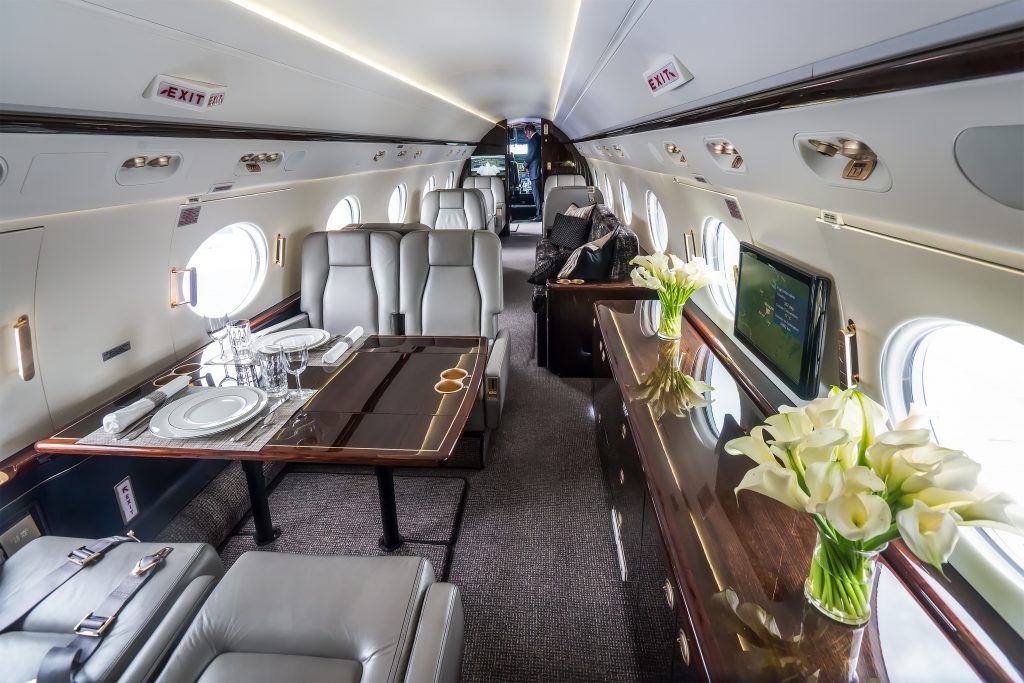
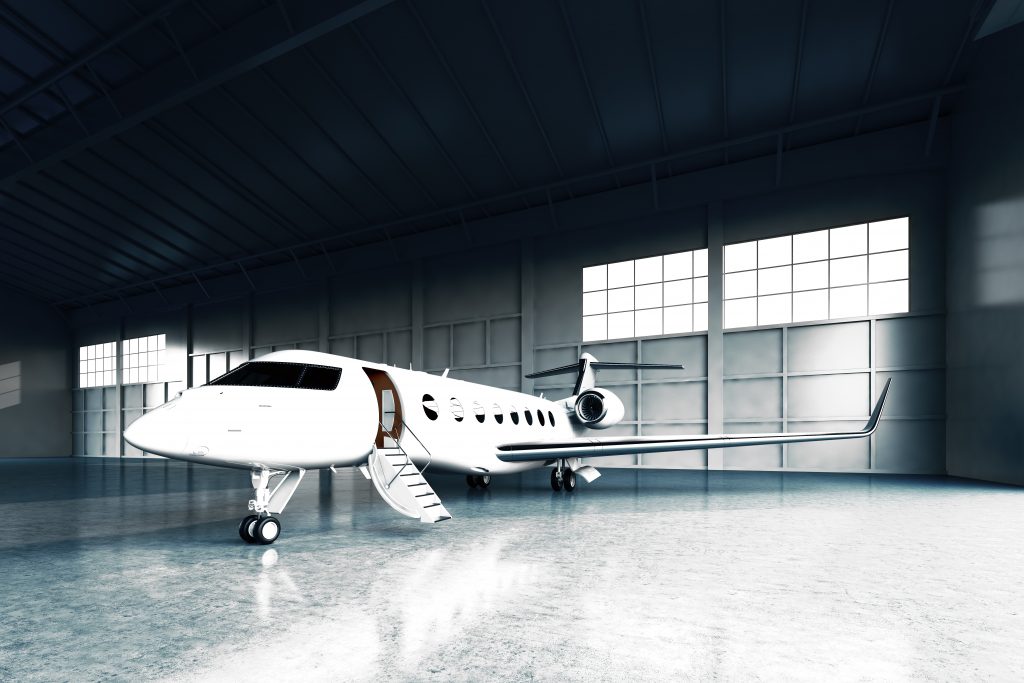
Fractional ownership, whether in a partnership with some friends or business associates, or with a company like NetJets, has benefits and drawbacks in the joint management of the plane. Partnerships can become contentious if one partner uses the aircraft more than others, or there are disagreements on the aircraft management or supporting personnel. NetJets operations bring a worldwide economy of scale and the overhead costs you can fully expect to be passed on to its users. The upside? Safety protocols and available pilots.
Full ownership of an aircraft, just like any other asset, presents its own set of benefits and challenges, starting with knowing which one best fits your mission. Learn more at https://wepushtin.com/aircraft-finder/
*This material has been prepared for informational purposes only, and is not intended to provide, and should not be relied on for, tax, legal or accounting advice. You should consult your own tax, legal and accounting advisors before engaging in any transaction.
 René Banglesdorf is the CEO of Charlie Bravo Aviation, an Austin, Texas-based aircraft broker. René also holds a private pilot license, is a high performance business coach and sits on the US DOT Women in Aviation Advisory Board.
René Banglesdorf is the CEO of Charlie Bravo Aviation, an Austin, Texas-based aircraft broker. René also holds a private pilot license, is a high performance business coach and sits on the US DOT Women in Aviation Advisory Board.

